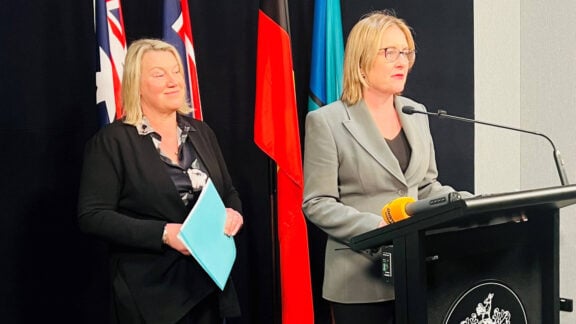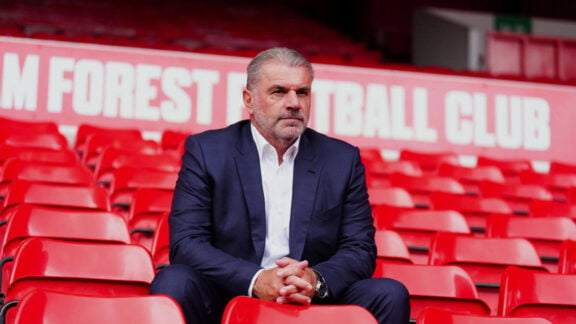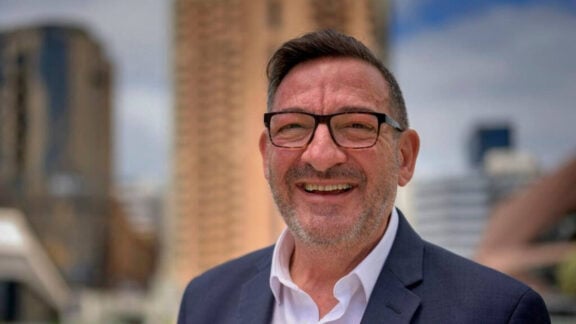A recently-published study by the University of Singapore has revealed that children with intrusive parents have a higher tendency to be overly self-critical.
By instilling such fear in the child it hinder the development of a clear and honest path of communication between children and their parents, which can have serious consequences as they age.
Taking place over a period of five years, researchers also noted an increased risk of depression and anxiety symptoms, and that their aptitude for being critical of themselves often increased over time – a finding that is of little surprise to Melbourne-based psychologist and owner of Bespoke Psychology, Dr Vicky Manikas.
“There are parents that are telling their children to achieve certain things, or make certain career choices, and putting a lot of pressure on them. But if the child doesn’t achieve that, or is unable to achieve it for some reason, then what does that mean?”
Led by Assistant Professor Ryan Hong, the study observed 263 seven-year-olds from 10 different primary schools, including the parent more familiar with the child.
Assessing both self-criticism and socially-prescribed perfectionism, children were set the task of solving a puzzle with a stipulated time limit, with researchers observing whether the parent chose to interfere.
After subsequent assessment, the data concluded that 60 per cent of child participants were classified as high and/or increasing in self-criticism, while 78 per cent were classified as high in socially-prescribed perfectionism, while both co-occurred in 59 per cent.
By intruding, Dr Manikas says parents can be indirectly perceived to be telling their child they’re not good enough and that their expectations are not being met.
“It promotes a fear of failure in the children, and what does that mean for their self-esteem and for their self-worth going forward? It opens them up to a lot of issues like anxiety and depression, and they’re often scared that their parents will criticise not everything, but a lot of things that they might do,” which can range from whether they’re learning to read faster than other children, to the friends they choose and who they bring home.
While Australia may not have as great an emphasis on academic excellence as Singapore, there are other issues that can create similar conflicts, for example, when the child has an interest that their parents don’t appreciate as much.
“If the child wants to learn to play a particular instrument, or play a sport that they (the parents) aren’t pushing them towards, then what does that mean? Do they do it, or do they back down and do what their dad or mum might want them to do?”

In her experience, Dr Manikas says the pressure can go one way or another, either developing a child that tries things but is overly anxious in their attempt and second guessing themselves due to a lack of self-confidence, and in other cases, are simply too anxious to try them at all.
“That could mean second guessing themselves for as simple a choice as what university degree to choose. They might actually have the intellectual ability to do the law or medicine degree, but are thinking ‘if I fail what does that mean for me? And what will people think of me if I do fail?’ So they might not even try it,” she says.
By instilling such fear in the child it can hinder the development of a clear and honest path of communication between children and their parents, which can have serious consequences as they age.
“It might mean that they’re anxious to tell their parents when they fail at something. Could they be hiding it? And what does that mean then?” poses Dr Manikas. “It could mean them lying and hiding things from their parents.”
To avoid such a scenario eventuating, she suggests striking a greater balance with the child by not directly telling them what they have to achieve, and instead focusing on putting their best foot forward and trying as hard as they can.
“The advice that I’d give parents is not to say ‘you have to do this’, or ‘get that score’; it’s more ‘if that’s what you want to do, if that’s the path you want to take, as long as you try your best to get there’.
“It’s not about ‘did you pass or fail’, it’s ‘did you do your best?’ That way the child grows up knowing that ‘as long as I did the best that I could, I may have failed for whatever reason, but I can pat myself on the back and say I did my best’.”
By taking this approach, both Dr Manikas and Assistant Professor Hong believe parents are better able to foster a sense of independence and create a conducive learning environment, rather than an unhealthy dependency that can continue well into adulthood – even if that means failing occasionally.
“It’s got to happen or you don’t learn.
“If you’ve made the mistake and been able to work yourself out of it, then that’s great, but if the parent or school has always guided you along, what happens one day when you’re out on your own and things do go wrong and you’ve got no one to help you? Kids need to learn how to fail.”
For more information about the study, visit www.news.nus.edu.sg/press-releases/10531-intrusive-parents-self-critical








